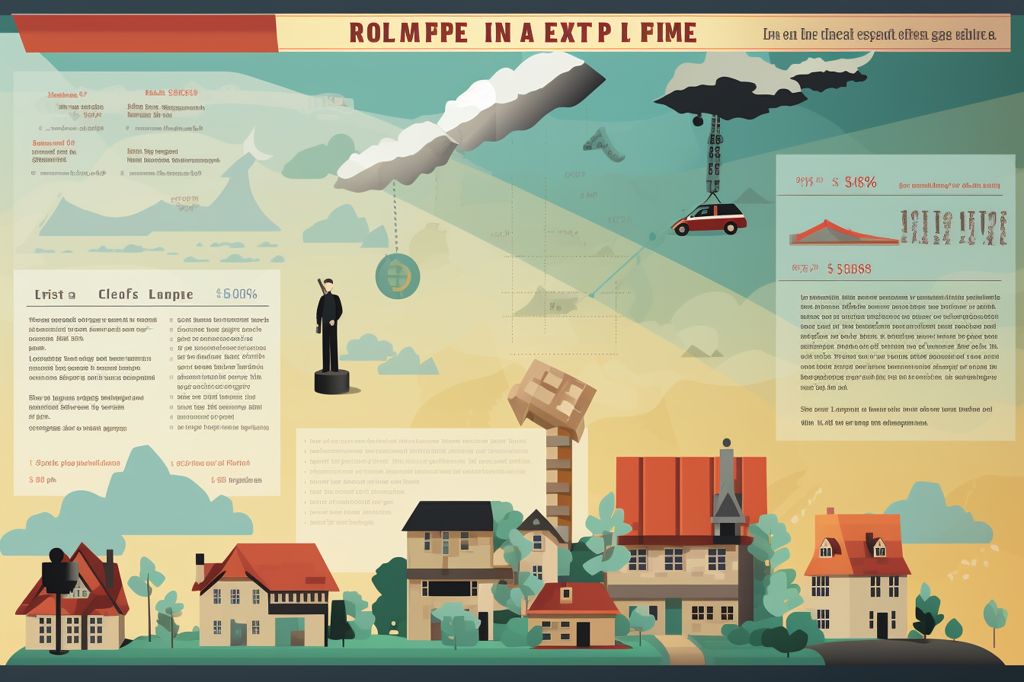The Western Cape province has witnessed a decline in crime rates, as reported by their crime statistics for the first quarter of 2023. The murder rate has dropped by 5.5%, following a 14.1% decline in the fourth quarter of 2022. These numbers show a consistent decrease in crime in the region, with a total of 939 murders reported in the first quarter of 2023, compared to 994 in the same period last year.
The Law Enforcements Advancement Plan (LEAP) Areas
The Law Enforcements Advancement Plan (LEAP) initiative has seen a 5.7% decrease in murders from 2022/23 in the Western Cape province. The LEAP areas include Delft, Gugulethu, Harare, Khayelitsha (Site B policing precinct), Kraaifontein, Mfuleni, Mitchells Plain, Nyanga, Philippi East, and Samora Machel. The plan also extends to other high-crime regions such as Atlantis, Bishop Lavis, Hanover Park, Lavender Hill, Steenberg, and Grassy Park.
The Western Cape Government’s Safety Plan
The Western Cape Government’s Safety Plan has been praised for its positive outcomes, as LEAP officers continue to make a significant impact in the communities they serve. Decreases in homicides have been observed in several LEAP areas, with the most significant reductions in Kraaifontein (48.2%) and Samora Machel (57.1%). However, some areas experienced an increase in homicides, such as Gugulethu (37.2%) and Bishop Lavis (25%).
Gratitude and Recognition
The Premier of the Western Cape, Alan Winde, expressed his gratitude and recognized the diligent efforts of law enforcement officers in response to the recent crime statistics. He commended their dedication to combating crime, acknowledging the risks they face in the line of duty. Winde stated, “You are making a big difference,” while also emphasizing the importance of data, evidence, and technology in overcoming the complex challenges of crime prevention.
Continuing the Momentum
Despite the positive statistics, Winde also recognized that there is still much work to be done. He urged the continuation of the Western Cape Safety Plan’s momentum, stressing the need to use available resources effectively. Maintaining the safety of residents is a matter of providing them with dignity, and this objective has yet to be fully realized.
In conclusion, the Western Cape province has made tangible progress in reducing crime rates, even amidst challenging odds. The coordinated action, data-driven strategies, and unwavering resolve of those who strive to make a difference in their communities have contributed to this progress. While there may be a long road ahead, the latest figures demonstrate that the Western Cape is gradually progressing toward a safer environment for its citizens.












